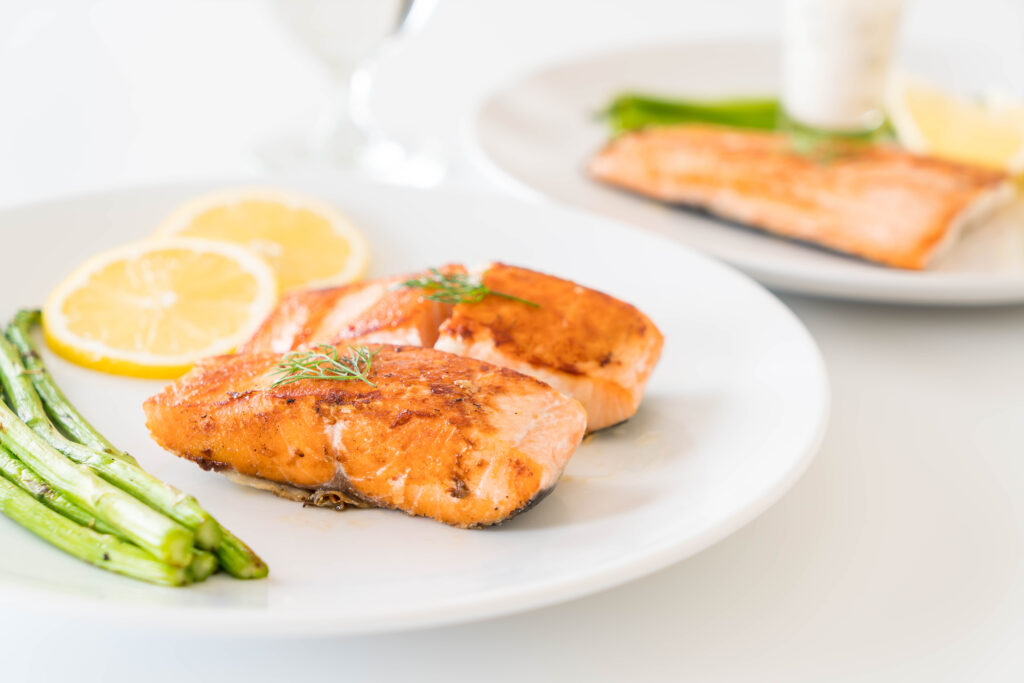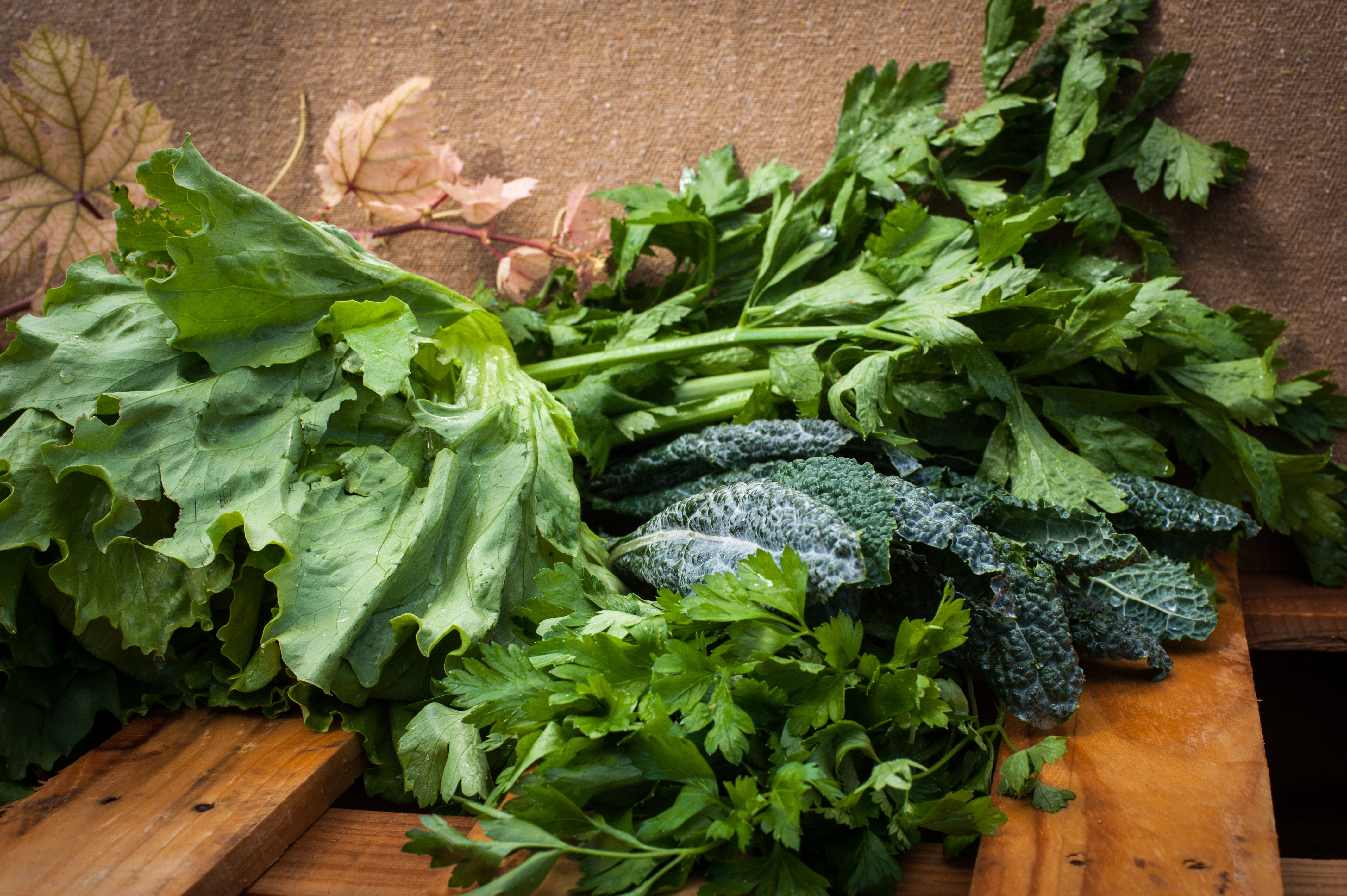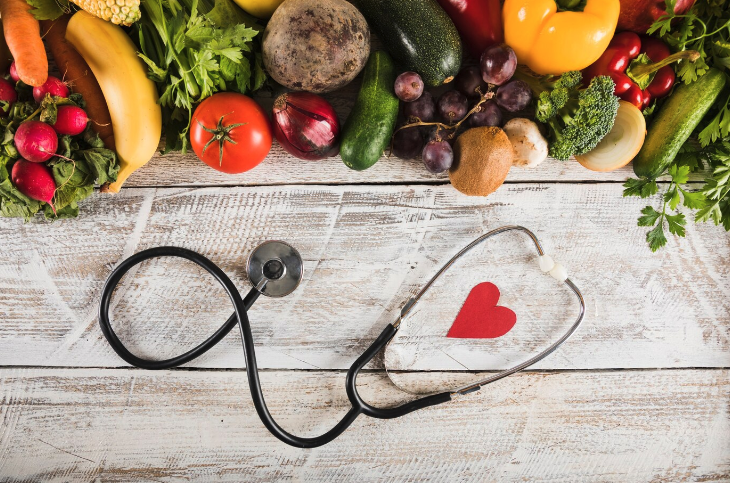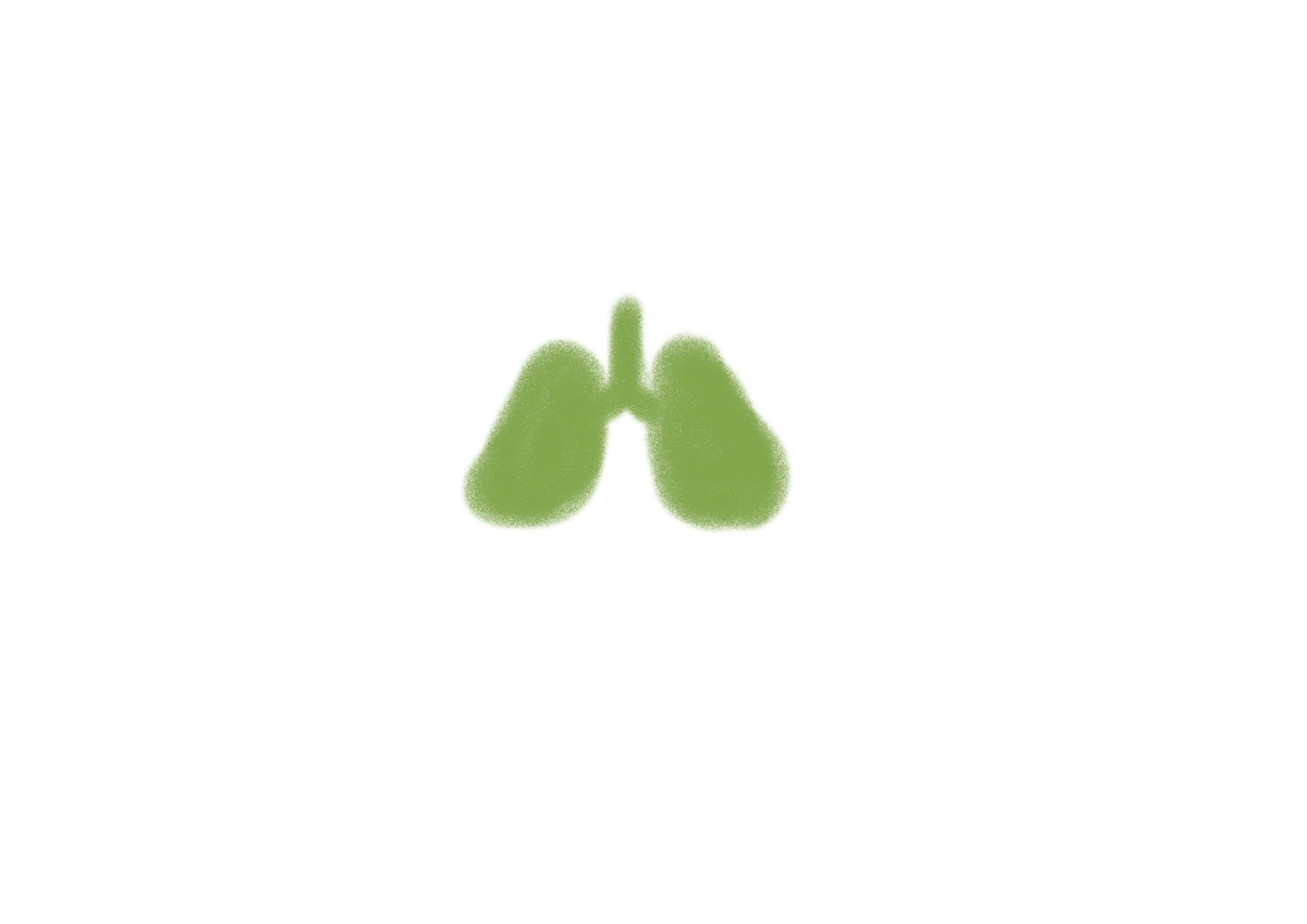When it comes to maintaining a healthy heart, the saying “you are what you eat” rings particularly true. A heart-healthy diet is one of the most effective tools to prevent cardiovascular diseases, manage cholesterol levels, and maintain overall well-being. Whether you’re looking to make small changes or overhaul your eating habits, incorporating these five must-eat foods into your diet can significantly benefit your heart.
1. Fatty Fish

Fatty fish like salmon, mackerel, sardines, and trout are rich in omega-3 fatty acids, which are essential for heart health. Omega-3s help reduce inflammation, lower triglyceride levels, and decrease the risk of arrhythmias. These healthy fats also contribute to lowering blood pressure and preventing the formation of blood clots, reducing the risk of heart attacks and strokes.
How to include more fatty fish in your diet:
- Enjoy grilled or baked salmon for dinner twice a week. (I personally had salmon twice a week straight after my heart surgery)
- Add sardines to your salads or whole-grain crackers for a quick snack.
- Opt for canned tuna or mackerel as a convenient source of omega-3s.
2. Leafy Green Vegetables

Leafy greens like spinach, kale, and Swiss chard are nutritional powerhouses packed with vitamins, minerals, and antioxidants. They are rich in dietary nitrates, which help relax blood vessels and reduce blood pressure. Additionally, the high fiber content in these vegetables can help lower cholesterol levels and reduce the risk of heart disease.
How to include more leafy greens in your diet:
- Add spinach or kale to your morning smoothie for an extra nutrient boost.
- Use a variety of greens as a base for salads or in stir-fries.
- Incorporate Swiss chard into soups or stews for added texture and flavor.
3. Whole Grains

Whole grains like oats, quinoa, brown rice, and whole wheat are excellent sources of dietary fiber, which plays a crucial role in heart health. Fiber helps reduce bad cholesterol (LDL) levels, aids in digestion, and keeps you feeling full longer, which can help maintain a healthy weight. Whole grains also contain essential nutrients like magnesium, which supports proper heart function.
How to include more whole grains in your diet:
- Start your day with a bowl of oatmeal topped with fresh fruits and nuts.
- Replace white rice with quinoa or brown rice in your meals.
- Choose whole-grain bread or pasta over refined versions.
4. Berries

Berries such as strawberries, blueberries, raspberries, and blackberries are not only delicious but also packed with heart-protective nutrients. These vibrant fruits are high in antioxidants, particularly anthocyanins, which help reduce oxidative stress and inflammation, both of which contribute to heart disease. Berries are also rich in fiber and low in calories, making them an ideal snack for heart health.
How to include more berries in your diet:
- Add a handful of berries to your breakfast cereal or yogurt.
- Blend berries into smoothies for a refreshing drink.
- Enjoy berries as a naturally sweet dessert, either fresh or with a dollop of Greek yogurt.
5. Nuts and Seeds

Nuts and seeds, such as almonds, walnuts, flaxseeds, and chia seeds, are excellent sources of healthy fats, protein, and fiber. These foods are rich in omega-3 fatty acids, vitamin E, and plant sterols, all of which contribute to lowering cholesterol levels and reducing inflammation. Regular consumption of nuts and seeds has been linked to a lower risk of heart disease and improved overall cardiovascular health.
How to include more nuts and seeds in your diet:
- Snack on a small handful of mixed nuts or seeds between meals.
- Sprinkle flaxseeds or chia seeds on your yogurt, oatmeal, or salads.
- Use almond butter or tahini as a spread or in smoothies for added creaminess and nutrition.
Conclusion
Incorporating these five must-eat foods into your diet can go a long way in supporting a healthy heart. By choosing nutrient-dense options like fatty fish, leafy greens, whole grains, berries, and nuts, you can take proactive steps towards reducing your risk of heart disease and promoting overall wellness.
I myself, after my surgery was on a very strict diet including all of the above. I had a green juice every morning which really helped in daily vitamin and water intake.
Remember, small changes in your diet can lead to significant improvements in your heart health over time. So, next time you plan your meals, think about adding these heart-friendly foods to your plate. Your heart will thank you! 🙂




